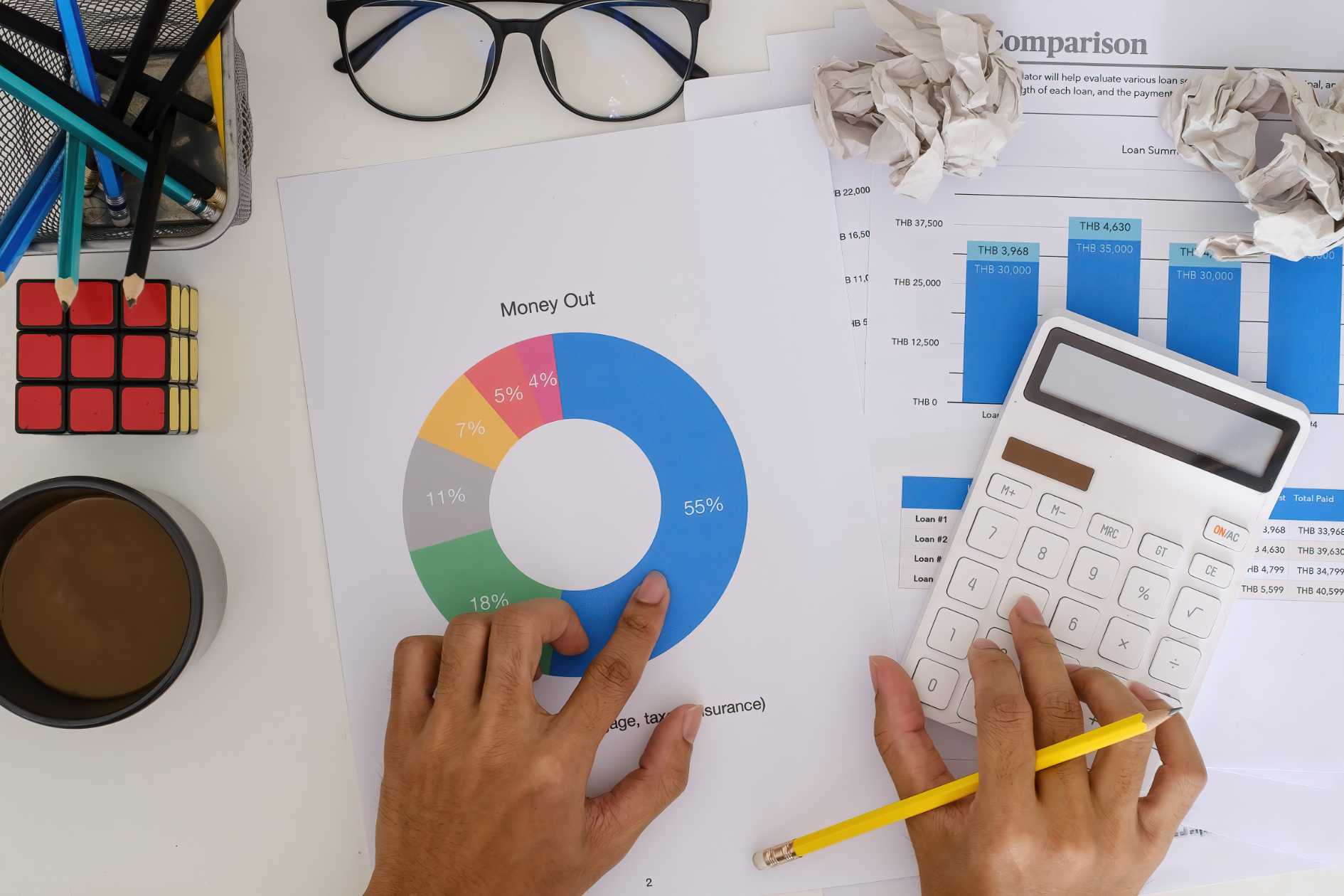The Diligent Advisor - Your Path to Financial Freedom
At The Diligent Advisor, we’re more than just financial advisors – we’re partners in your journey towards financial prosperity and security. Based in Sydney, Australia, we specialize in comprehensive retirement planning strategies and investment management tailored to your unique goals and aspirations.

About US
Welcome to The Diligent Advisor.
Unlocking Your Financial Potential with Expert Guidance
Welcome to The Diligent Advisor, where your financial aspirations meet expert guidance and unwavering commitment. Based in the vibrant city of Sydney, Australia, we are a team of dedicated professionals passionate Delta Financial Group about empowering individuals and families to achieve financial security and freedom.
At The Diligent Advisor, we understand that navigating the intricate world of finance can be overwhelming. That’s why we’re here to simplify the journey for you, offering personalized solutions tailored to your unique circumstances and goals.

What Services We are Providing
At The Diligent Advisor, we offer a comprehensive range of services designed to address all aspects of your financial life. Whether you’re planning for retirement, investing for the future, or seeking expert guidance on managing your finances, we have the expertise and resources to help you succeed. Here are some of the key services we provide:

Retirement Planning Strategies
Preparing for retirement is one of the most important financial decisions you’ll ever make. Our experienced advisors will work closely with you to develop personalized retirement planning strategies tailored to your goals, timeline, and risk tolerance.

Investment Management
Building and managing a diversified investment portfolio is essential for long-term wealth accumulation. Our team of investment professionals will design a customized investment strategy based on your financial objectives, time horizon, and risk preferences.

Financial Planning
Financial planning is the foundation of a solid financial future. Our certified financial planners will work with you to create a comprehensive financial plan that addresses your short-term and long-term goals, including budgeting, debt management, insurance planning, and more.
Our Blogs
Welcome to The Diligent Advisor Blog, your go-to resource for insightful articles, tips, and advice on all things related to finance, retirement planning, investment strategies, and more. Our mission is to empower you with the knowledge and tools you need to make informed financial decisions and achieve your goals.
Investing with Borrowed Money: The Benefits and Risks of Debt Recycling
What I Miss About the Recession: Lessons Learned from Economic Hardship
Our Gallery
Welcome to The Diligent Advisor Gallery, where we showcase moments of success, collaboration, and empowerment in our journey towards financial prosperity. Explore our gallery to get a glimpse of our team in action, client events, and more.





What My Clients Says
See what our clients have to say about their experiences with The Diligent Advisor:

“I can’t thank The Diligent Advisor enough for their expert guidance and support. With their help, I was able to achieve my financial goals faster than I ever thought possible.”

“The team at The Diligent Advisor has been instrumental in helping me plan for retirement. Their personalized approach and attention to detail gave me confidence in my financial future.”

“I highly recommend The Diligent Advisor to anyone seeking sound financial advice. Their team goes above and beyond to ensure that their clients are well-informed and empowered to make
Stay In Touch
Welcome to the inaugural edition of The Diligent Advisor Newsletter. As your trusted partner on the path to financial success, we are excited to bring you valuable insights, tips, and updates to help you navigate the ever-changing world of finance.









